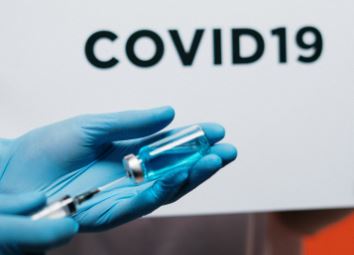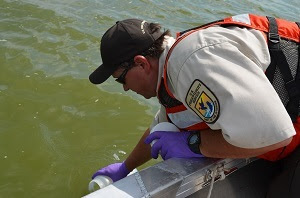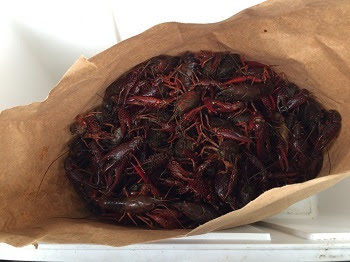
nursing homes offer on-site COVID-19 vaccination
Press Release FOR IMMEDIATE RELEASE: Jan. 20, 2022 CONTACT: Lynn Sutfin, 517-241-2112, SutfinL1@ MDHHS issues order ensuring nursing homes across
LANSING, Mich. – The Michigan Department of Health and Human Services (MDHHS) has issued an epidemic order to further protect residents in nursing homes across the state by ensuring residents have the opportunity to get up-to date on COVID-19 vaccines at the nursing home where they reside.
“With the Omicron variant rapidly spreading across our state and cases of COVID-19 continuing to remain high, we want to make sure our most vulnerable Michiganders are protected from the virus,” said Elizabeth Hertel, MDHHS director. “The COVID-19 vaccine is our best defense against the virus, and we want to ensure everyone has the opportunity to get up to date.”
Under the order, nursing homes must offer on-site doses of COVID-19 vaccines to residents who are not up to date as of Jan. 20, 2022, within 30 days of the effective date of the order.
Nothing in the order requires nursing home residents to get vaccinated. Nursing homes are encouraged to provide informational materials about COVID-19 vaccines so that residents can make informed choices. Materials can be located on MDHHS’ Long-Term Care COVID-19 Plan website.
For residents who are unable to make their own medical decisions, nursing homes are required to contact the individual legally authorized to make medical decisions on behalf of the resident and make them aware of the availability of COVID-19 booster doses on site.
Nursing homes must document a resident’s consent or refusal of an offered COVID-19 vaccine. For residents who are unable to make their own medical decisions, nursing homes must document the consent, assent or refusal of the offered COVID-19 vaccine made by a person authorized to make medical decisions on behalf of the resident. Skilled nursing homes were among the first groups offered vaccination in December 2020 when the COVID-19 vaccine became available. First and second doses have been offered at 100% of the facilities in the state, with 74% of eligible Michigan nursing home residents having already received their booster dose. Nearly 2.6 million booster and third doses have been administered in the state, with nearly 1 million of those doses provided to Michiganders ages 65 and older.
Under previous executive directives signed by Gov. Gretchen Whitmer, the state of Michigan has prioritized booster doses for residents in long-term care facilities, including nursing homes and adult foster care, and has been working to expedite delivery of third doses of the Pfizer and Moderna COVID-19 vaccines to residents who have compromised immune systems.
The latest information is available at Michigan.gov/Coronavirus and CDC.gov/Coronavirus. To learn more about the COVID-19 vaccine, visit Michigan.gov/ |






 Welcome in the new year with a
Welcome in the new year with a 
